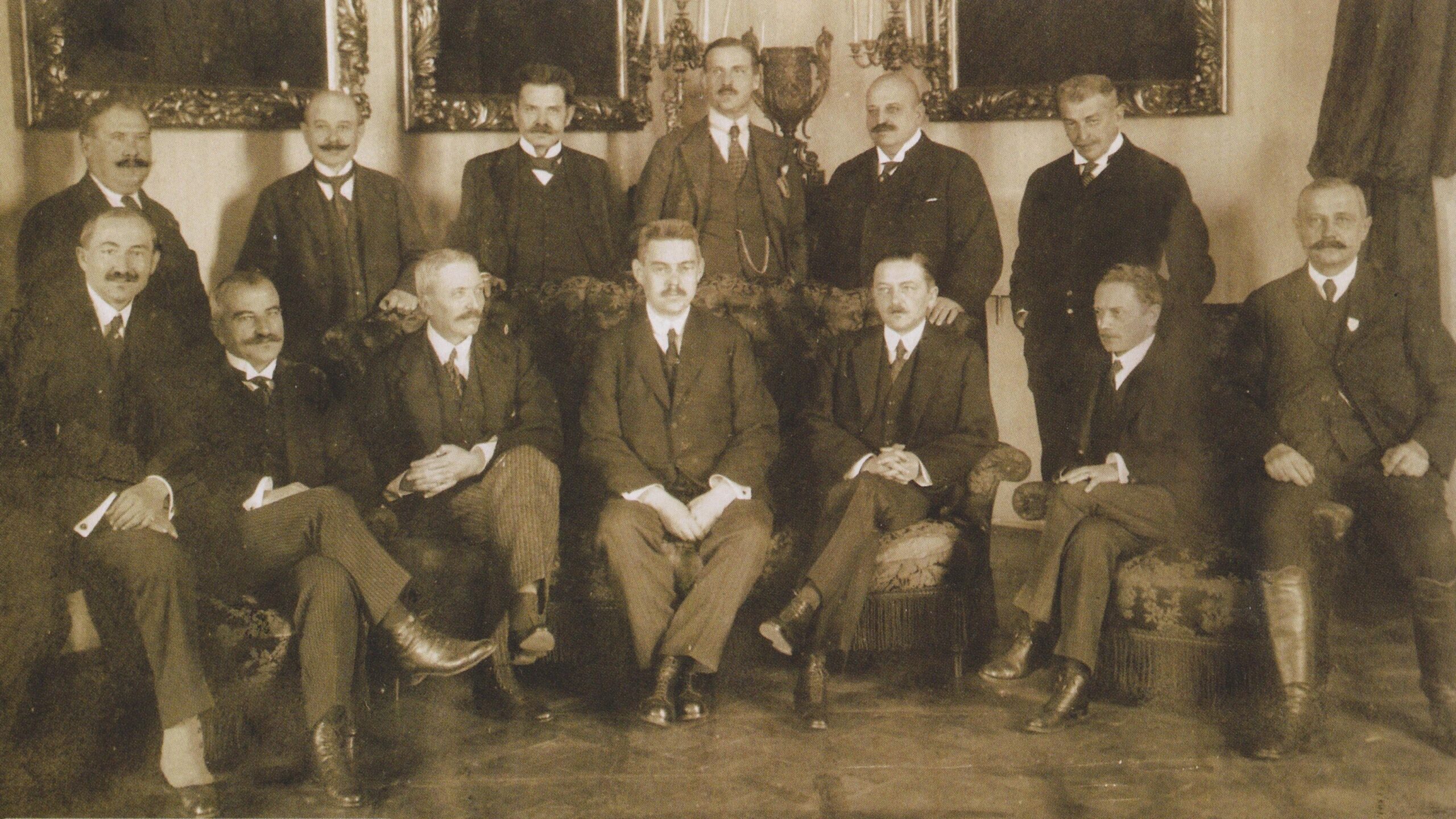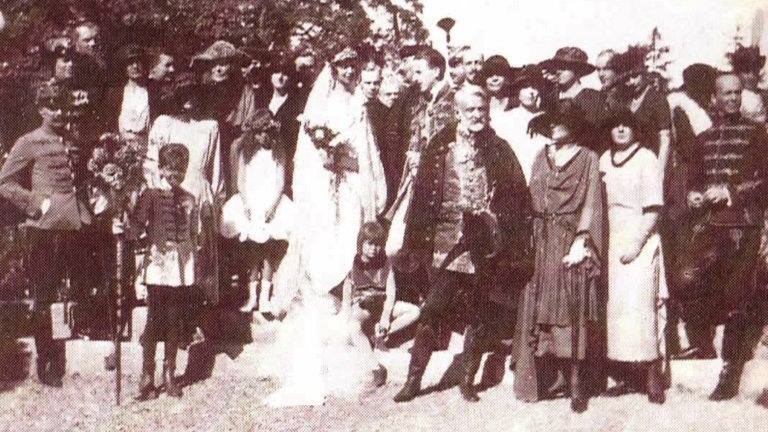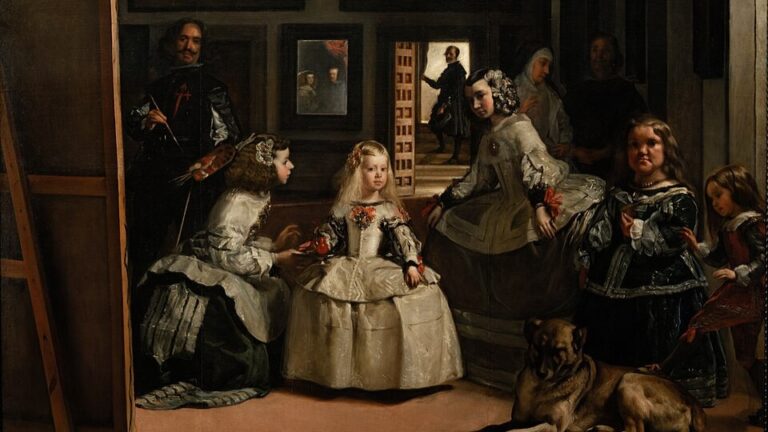Today, Christianity and antisemitism are—in principle—incompatible. A Christian cannot be an antisemite, and an antisemite cannot be a Christian, it is often claimed. Of course, historical reality has frequently ignored (and still ignores) these basic principles, and there have been (and still are) Christians, or at least, those who profess Christian principles or consider themselves Christians, who are antisemitic.
In parallel with numerous European politicians in the interwar period, the political thought of István Haller (1880–1964), a Hungarian journalist, editor, and Christian social politician, was characterized by this tension. As minister of education, it was Haller who drafted and submitted the numerus clausus law to the National Assembly in Hungary (1920: Act XXV), so he is widely described as an antisemite. In his short book Harc a numerus clausus körül (‘Struggle around the numerus clausus’),[i] published in 1926, he retrospectively wishes to clarify—and defend—his stance on the question. Not surprisingly, in 1946, the book was already listed among the fascist, anti-Soviet and anti-democratic press products; thus, it was banned and designated for destruction.[ii] Although possibly interesting for researchers to gain a broader overview of the Christian political thought of Haller (who is scarcely known in today’s Hungary) and the era itself, it is more helpful to look at his book A keresztény politika (‘Christian politics’).[iii] In this article, after a brief biography of Haller, I offer a narrative review of the book focusing on its antisemitism and Christian inspiration as descriptively as possible, without any condoning or condemnation. My aim is to provide insights into a distinctive—and influential—way of thinking that characterized many Hungarian Christian politicians and thinkers of the Horthy era.
From Journalism to Politics
István Haller was a prominent Christian politician in the first half of the 20th century. After leaving the seminary in Szatmár (Szatmárnémeti, today Satu Mare in Romania), where he spent four years, he studied law and humanities, and then became the editor-in-chief and then a senior journalist of the Christian social newspaper Igaz Szó in 1905.[iv] He was an editor of the daily newspaper Új Lap from 1908, and after that, for ten years, served as the secretary general and editor of the pamphlets of the People’s Catholic Association. From 1910 to 1918 he was a member of the Hungarian parliament.
After the fall of the Republic of Councils in Hungary in 1919, he was one of the organizers of Christian Social(ist) parties and trade unions. He was appointed minister of propaganda in the Friedrich government, then minister of religion and education in the Huszár, Simonyi-Semadam and Teleki governments from 24 November 1919 to 16 December 1920.
Obviously, Haller’s influence cannot be compared with that of leading Hungarian politicians like István Bethlen, Pál Teleki, or Kuno Klebelsberg. Nevertheless, as far as the explicitly Christian parties of the time are concerned, he is ranked among the most notable figures: among others, he was a member of the Catholic People’s Party (the first Christian political party in Hungary), the National Christian Socialist Party (1907–1918) led by Sándor Giesswein (the forerunner of Christian democracy of Hungary), and the Christian Social Economic Party (1919). After the repeated break-up of the Christian National Union Party (a government party in coalition from 1920 to 1922) and its reorganization, he became the president of the National Christian Socialist Party (1923–1926). From 1922 to 1931, he was elected to parliament again. Later he became the editor-in-chief of Népakarat, and the head of the Apostol printing house. At the time of his arrest by the political police in 1945 he was a textile merchant. His further fate is unclear.[v]
A Book with Antisemitic Tropes?
It is obvious Haller was an activist politician. But he was also a thinker who wrote several books. Like other political booklets written by leading politicians of the period, A keresztény politika is programmatic. Haller describes the crisis and its causes and then proclaims a reform programme for raising Hungary. Haller’s starting point is that the liberal political system of the previous hundred years is incapable of addressing the political, socio-economic, economic, cultural and moral problems of the era. Although alluring in its ideals and fulfilling its historical function (e.g., the expansion of freedom and the dynamism caused by it is necessary to a certain extent), it was its practical implementation that led to the crisis, he argues. Liberalism wrongly appeals to the good nature of man and, as a force that moves with capitalism, affirms and enforces the triumph of the strong over the weak through the principle of non-intervention by the state. The number of victims is many; the beneficiaries are few; in Hungary, the former includes the Hungarian landowning middle class (the backbone of the Hungarian nation) and the working class, and the latter consists of the Jews, who have become the leading economic and cultural force in Hungary, writes the Christian Socialist politician.
Haller tries to provide historical and statistical evidence of the ‘occupation’ of all social spheres by Jews. Not free from malicious remarks such as ‘auxiliary troops pouring in from Galicia’[vi] and common antisemitic tropes (e.g. Jews controlling everything from behind the scenes, or the idea that eight to ten Jews dominate the country’s economic life),[vii] the book describes the relationship between Hungarians and Jews as antagonistic. Haller, sceptical of the success of assimilation, would only consider it sufficient if, in addition to linguistic or social assimilation, Jews were also assimilated in a moral and patriotic way.
‘This, however, cannot succeed as long as the social and cultural situation of the Jews is not roughly the same as that of the host people. It is the task of Christian policy to serve this in two ways: by drawing the Christian population more strongly into the sphere occupied by Jewry to make it competitive in monopolistic areas and by promoting and enforcing the division of labour and occupational groupings by means of legal measures.’[viii]
In short, Haller defends the numerus clausus he has earlier proposed. What qualifies as antisemitism is, of course, disputed, but Haller’s work has many antisemitic features: while it does not explicitly vilify Jewry but uses highly offensive, hostile rhetoric; it does not seek to incite hatred but would protect Hungarians with the help of discriminatory measures against Jews; it is not violent or advocating violence, but is prejudiced and exclusive.
A Christian Programme
In what way is Haller’s programme Christian? It is Christian in the sense that it seeks to draw on the social s of the Bible and is inspired by the achievements of Christian history and the role models of statesmen (e.g. the Christian politics of István Széchenyi and József Eötvös), complemented by modern Christian (primarily Catholic) social teaching. In short, it is Christian in that it seeks to assert the triumph of the Christian soul and spirit at the individual and socio-institutional level. According to Haller, this is not only a theoretical–moral question but also practical since (only) this can solve (Hungarian) social, cultural and moral problems.
Haller’s insights regarding the character of Christian politics and the concrete actions to be taken result in a specific ideological mix. He is a Christian social(ist) in that he is socially sensitive, especially towards the lower classes, including the working class. He believes that the policy of prohibition and punishment should be replaced by a new social system based on state intervention and the creation of a more independent existence (‘it is not the billions that constitute the nation’s strength, but the millions who are financially secure’).[ix]
Haller’s proposal is also Christian national: Hungary’s prosperity can be achieved, among others, by (re)raising the Hungarian middle class, by (re)Hungarianizing culture and by supporting the Hungarian patriotism of workers (‘The new Hungary will be worth more the more Hungarian it becomes, in the noblest sense of the word’, he writes.)[x] This is essential not only because of the preservation of the past and traditions but also in the forthcoming transition, which Haller envisages only organically, by securing values (‘In this sense, the conservative trait belongs to the character of Christian politics. It honours the past but gives more importance to the present and the most to the future.’)[xi]
Finally, and interestingly, and thus being ahead of many Hungarian Christian politicians, Haller also professes Christian democratic principles. He considers Christianity the oldest form of democracy, and calls for universal suffrage, genuine parliamentarism and administrative autonomy, with the participation of the people (as a whole) and for their benefit.
Conclusion
In sum, as Haller writes, Christian politics is ‘Christian, social, democratic and national. On these four pillars, it rests its dome.’[xii] The question is: to what extent does the weight of antisemitism crush the pillars of such a dome? In other words, can politics that is antisemitic be Christian?
All translations from the original Hungarian in the article are by the author.
[i] István Haller, Harc a numerus clausus körül (author’s edition), 1926.
[ii] ‘A fasiszta, szovjetellenes, antidemokratikus sajtótermékek I. sz. jegyzéke. Második, javított kiadás. (A Magyar Miniszterelnökség Sajtóosztálya, 1946), https://mek.oszk.hu/16200/16202/16202.pdf.
[iii] István Haller, A keresztény politika, Budapest, Apostol Nyomda, 1926.
[iv] Tibor Klestenitz, ’Az Igaz Szó – egy keresztényszocialista hetilap útkeresése a munkássághoz’, Múltunk 2022/4. 111-141.
[v] Magyar Katolikus Lexikon, ‘Haller István’, https://lexikon.katolikus.hu/H/Haller.html.
[vi] Haller, A keresztény politika, 18.
[vii] Haller, A keresztény politika, 33.
[viii] Haller, A keresztény politika, 102.
[ix] Haller, A keresztény politika, 106.
[x] Haller, A keresztény politika. 89.
[xi] Haller, A keresztény politika. 92.
[xii] Haller, A keresztény politika. 92.
Related articles:







